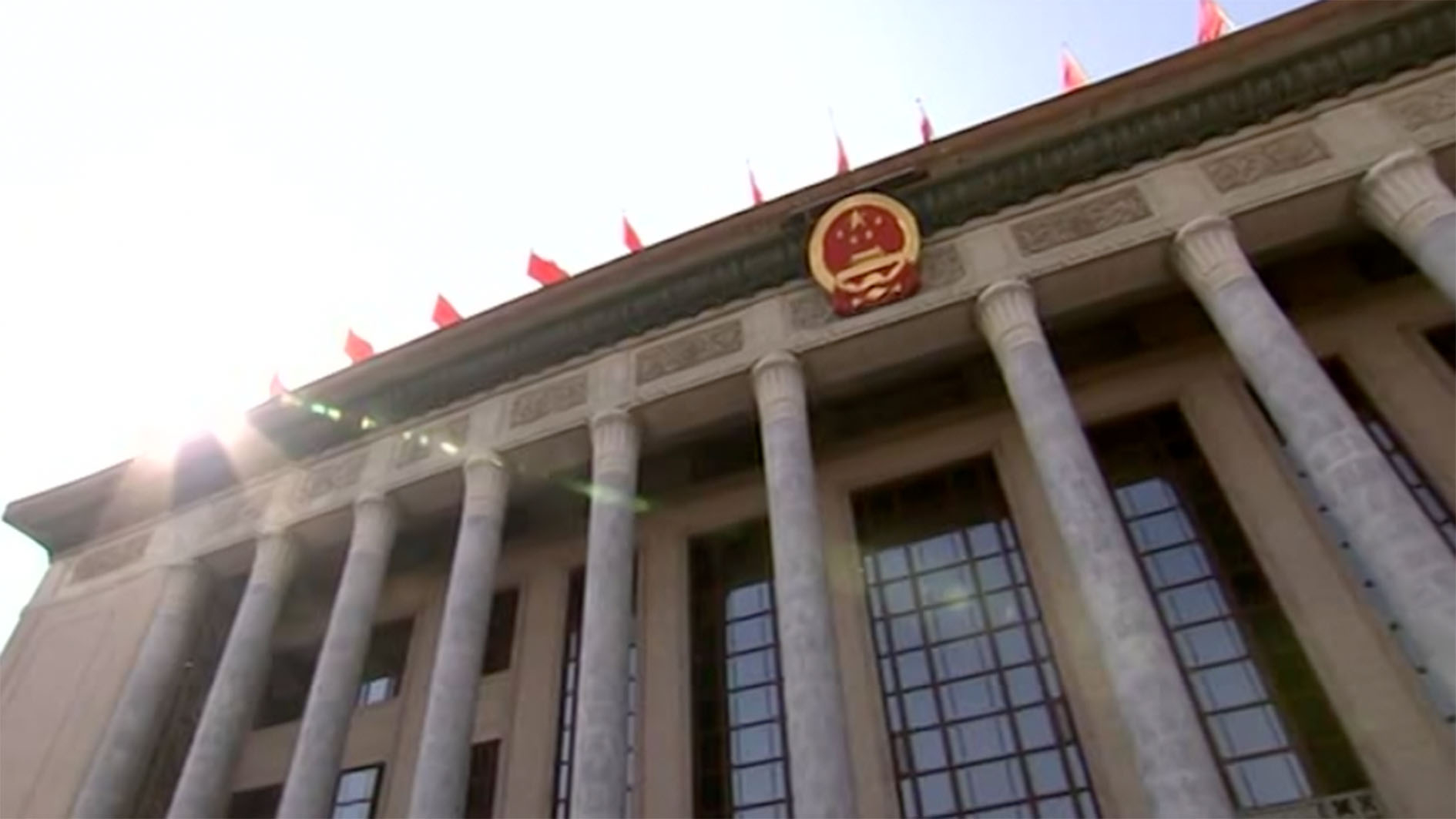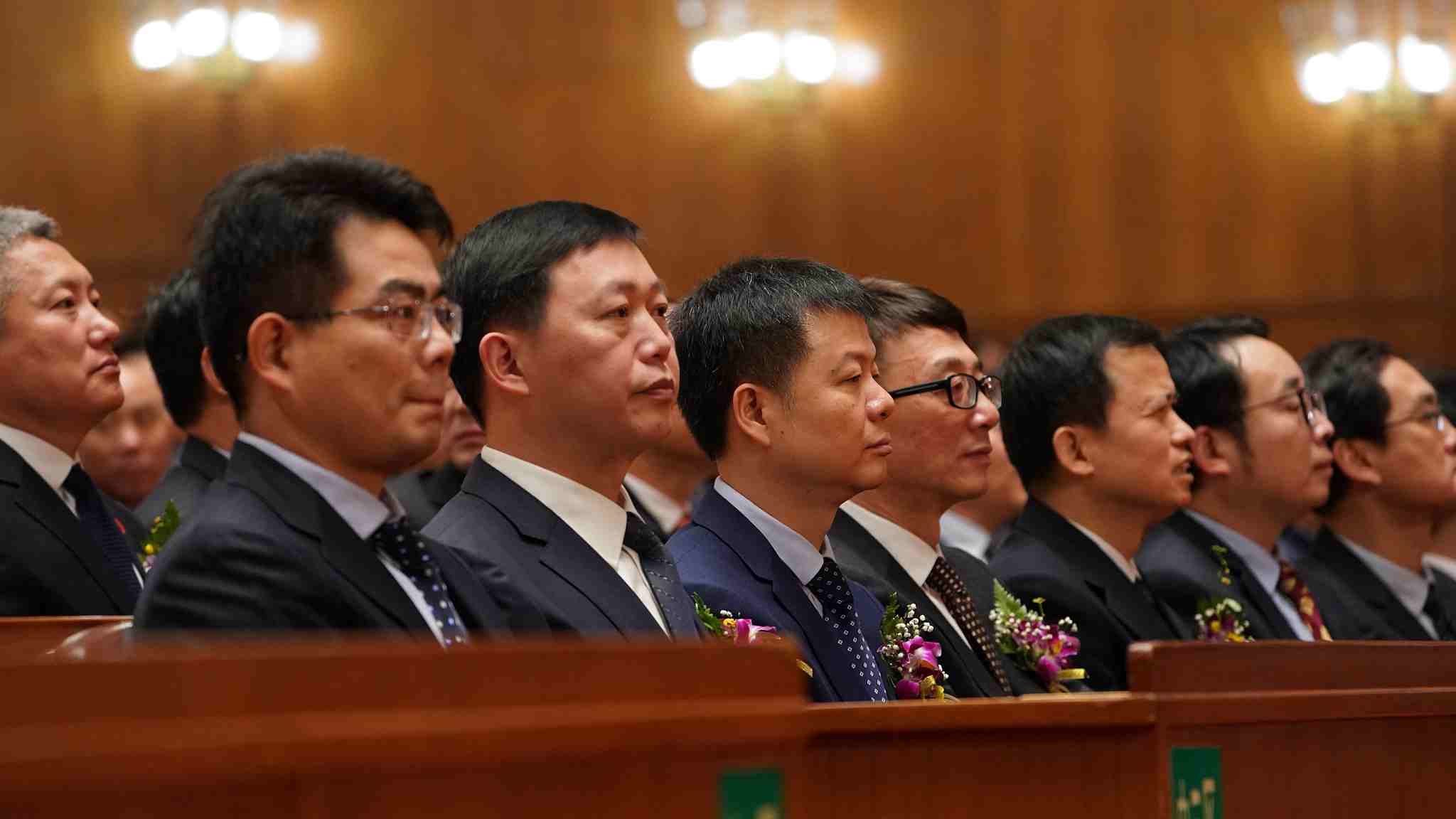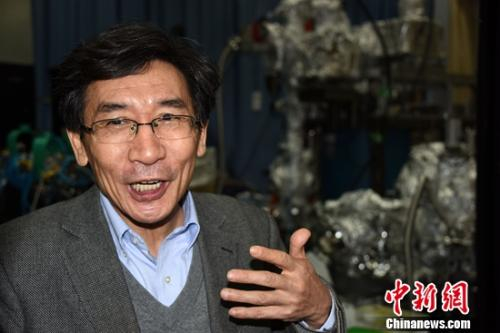
Tech & Sci
16:00, 08-Jan-2019
China’s science awards further encourage innovation
Updated
15:34, 11-Jan-2019
By Zheng Yibing
02:10

Scientists are being given an increasing amount of importance in China, as this year's National Science and Technology Award Conference continues to change and improve. First and foremost, the amount of awards has increased by 50 percent on average.
Li Luming, the top winner of the National S&T Progress Award this year, for their brain pacemaker technology and application, said that with the development of the economy, China has been able to put more emphasis than ever on science and technology.
"We hope that because of this, a better science evaluation and environment will be built to promote scientific and technological research and application," he said.
In the meantime, this year's awards have adopted a full open nomination mechanism for the first time. The awards that have used this are the National Preeminent Science and Technology Award, the National Natural Science Award, the National Technological Invention Award, the National S&T Progress Award and the International S&T Cooperation Award.
It also cancels the limits on quotas and strictly specifies the qualifications and procedures by and for nominees. After a whole year of selection, two people received the national preeminent prize and 278 science projects and five foreign scientists were also awarded.

Scientists gather at the National Science and Technology Award Conference. /VCG Photo
Scientists gather at the National Science and Technology Award Conference. /VCG Photo
Luo An, an Innovative Team winner of the National S&T Progress Award for achievements in electrical power transformation and control, said that such reforms are more favorable for the review and recommendation mechanisms, and their fairness and objectiveness.
"They are good for applications, evaluations and selecting the winners," Luo said.
As for the winning projects, they are therefore more persuasive for their research value; all of the winning projects were backed by extensive research, and achieved several breakthroughs.
Xue Qikun and his team from China's Tsinghua University received this year's top prize for the National Natural Science Award for finding the quantum anomalous Hall effect in 2012.

Xue Qikun, whose team received this year's top prize for the National Natural Science Award. /Photo via chinanews.com
Xue Qikun, whose team received this year's top prize for the National Natural Science Award. /Photo via chinanews.com
"We spent four years tackling the difficulties in finding the quantum anomalous Hall effect. But to achieve that, we spent up to 30 years in preparation," Xue said.
The scientists see their efforts as worthwhile because the nation is paying more and more attention to scientific and technological progress.
Lu Jiazheng, who won the National Technological Invention Award for his team's innovation in fire extinguishing methods in forest and hills, hopes that young people will also benefit from these changes.
"Now that our country not only gives us honors, but also more income. This is really good, and will help younger generations develop more interest in scientific research," he said.
Since China's reform and opening-up began in 1978, the country has awarded more than 100,000 scientists and efforts to encourage them are ongoing.
As Chinese president Xi Jinping stressed last May to members of the Chinese Academy of Sciences and the Chinese Academy of Engineering, "China must pay great attention to developing science and technology and becoming a top science and innovation center of the world, in order to become stronger and achieve rejuvenation."

SITEMAP
Copyright © 2018 CGTN. Beijing ICP prepared NO.16065310-3
Copyright © 2018 CGTN. Beijing ICP prepared NO.16065310-3